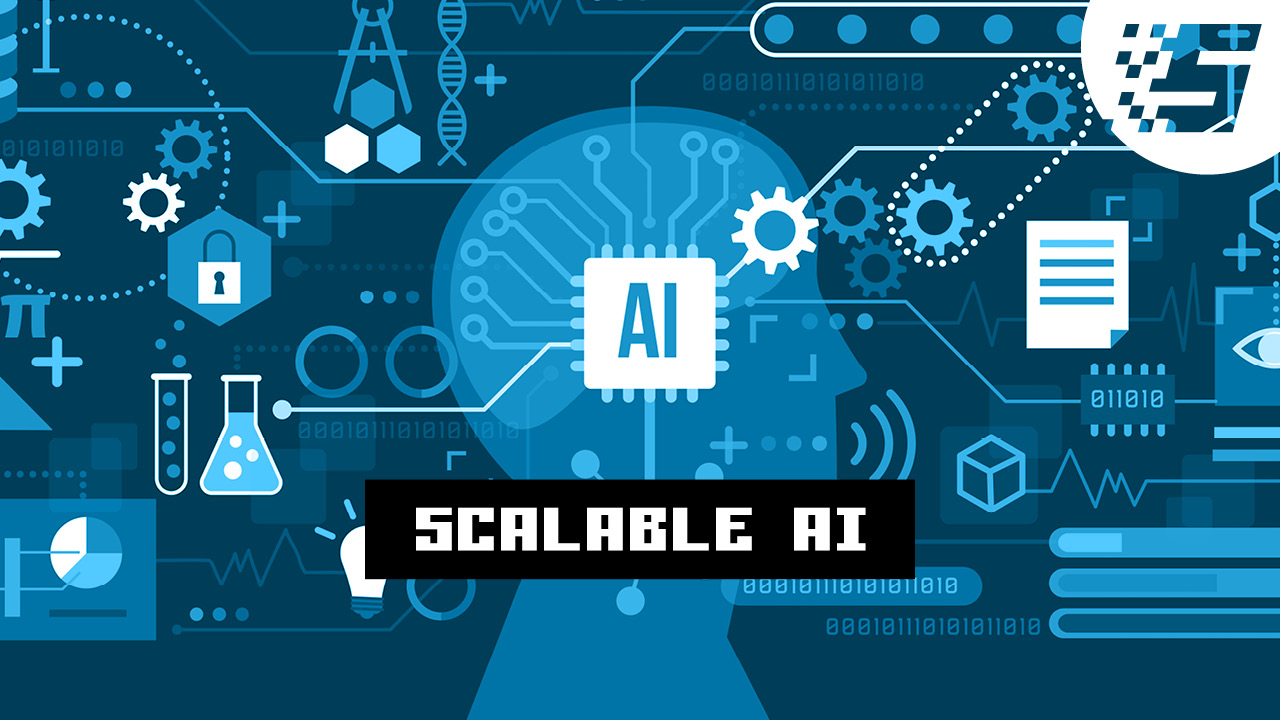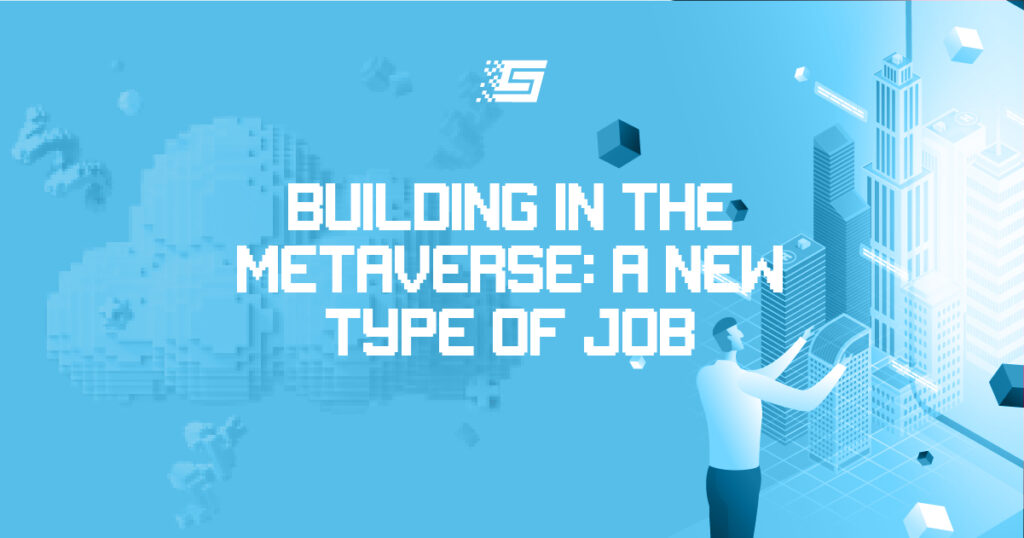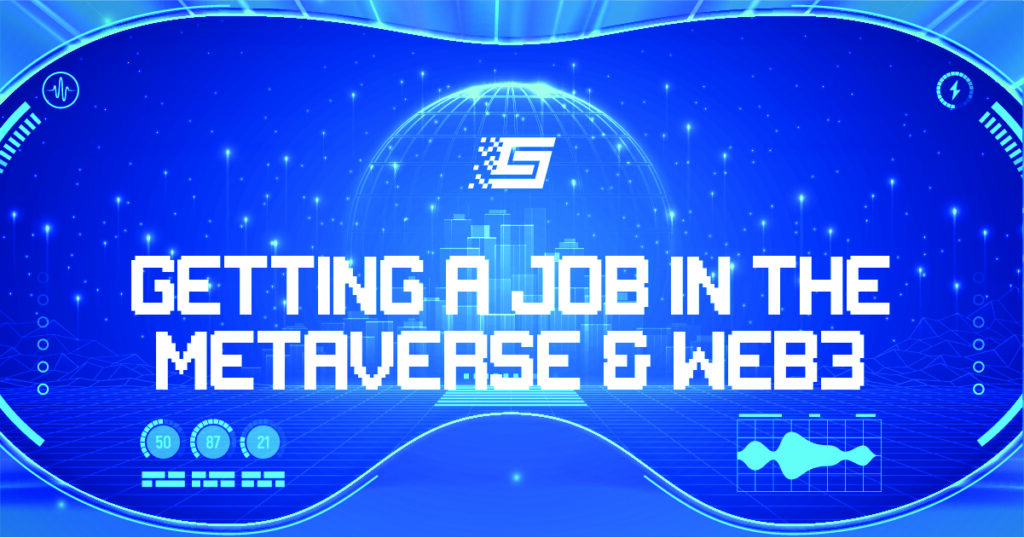
Scalable AI For Big Data Analytics In The Metaverse
With Facebook recently announcing plans to build their metaverse, which will comprise massive GPU-driven supercomputers and high-powered cloud services, the term metaverse quickly became a hot topic. Other enterprises are also thinking of building such a virtual universe.
But a virtual world like the metaverse would require a high level of artificial intelligence, machine learning models, algorithms, and computational power. The aim of this article is to take you through a tour of how AI and ML will drive and scale the metaverse from different perspectives.
What Is The Metaverse?
The metaverse is a 3D virtual world where users can socialize with people, play games, buy land, own a shop, and more. In these simulated digital environments, people can do everything they can do in the physical world.
Most payments and transactions taking place will happen through cryptocurrencies. Owning properties and assets will be blockchain-driven and through NFTs, and the development of the digital environments and applications will require AI and ML. Interactions will require VR headsets and other such wearables.
The main motive of the metaverse is to render a space whereby users can witness and feel interactions that mimic that of the real world. Neal Stephenson first coined the term metaverse in his science-fiction novel Snow Crash in the early ’90s. Gradually, companies like Second Life, Microsoft, Decentraland, and Meta (formerly Facebook) have adopted this concept and decided to make it really big.
According to GlobeNewswire’s reports, the metaverse market was worth 21.91 billion USD in 2020. They predict that it will have grown by 41.7 percent CAGR in the year 2030.
Let us now explore the different angles of how artificial intelligence and machine learning can help scale this massive concept. The next generation will use the metaverse in:
- Gaming businesses
- Virtual e-commerce
- Immersive social media
- Immersive showroom
- Online immersive virtual meetings
- Web 3.0
- Immersive NFTs
- Virtual reality healthcare
- Immersive simulation of molecular composition
The Role of AI And ML In Scaling The Metaverse
Facebook and Microsoft, among other companies, have already set up and started phase 1 of the artificial intelligence Research Super-Cluster (RSC) online. Researchers and AI developers have begun training artificial intelligence and machine learning models for different fields of metaverse creation.
Data Storage For Automated Predictive Analytics
Storing a tremendous amount of data about people, such as their interactions with virtual and simulated environments, will require huge data centers and also cloud-based storage. Allotting and managing data storage such as this requires artificial intelligence and machine learning models that can understand the requirements of the users in advance and predict the amount of storage users will consume with time. Through this, the metaverse provider would be able to scale the storage without human intervention.
Regulate The Use Of Massive Bandwidth
As we know, if a game has rich graphics, it will consequently eat up more bandwidth. So, rendering a massive world with rich interactive graphics such as the metaverse will naturally require immense bandwidth. For this, 5G technology can help. To sync users’ network speeds to that of the servers or supercomputers running the metaverse, ML will cater to a significant role.
Machine learning, coupled with the statistical method, would enable different metaverse systems connected by supercomputers to work in close tandem for better user interactions. This would allow users to experience proper virtual simulation without lags and glitches.
AIOps In Scaling The Metaverse Efficiently
Artificial Intelligence for IT Operations (AIOps) helps operate extensive corporate infrastructure through AI technologies. As per the prediction of Coinbase, the metaverse is a massive system or project that requires intelligent scalability and processing. That is where AIOps will play a significant role in managing the infrastructure necessary to run the metaverse. It will add algorithm-driven savvy intelligence to software, hardware, and communication productivity.
According to Gartner, the metaverse will implement AIOps by combining machine learning and big data to automate various tasks such as event correlations, virtual collaboration, anomaly detection, etc. With the availability of all these technologies, the metaverse can render robust infrastructure and become efficient through AI-driven insights on processes and operations.
Inclusive Interface And Realistic Accessibility
One key aspect that will surely revolutionize the metaverse industry is the promise of rendering remarkably great immersive experiences. It would help enhance socializing virtually and interaction with people within virtual worlds. AI would cater to image recognition abilities for those with visual disabilities, automatic translations for people who are not familiar with different languages apart from their native language, and a brain-computer interface for people with disabilities of that nature. With the absolute advent of the metaverse, exoskeletons will be a solution; companies will sell them to disabled people who are willing to experience the metaverse.
There are endless possibilities when you have artificial intelligence, machine learning, and deep learning working in close tandem with the metaverse. From intelligent networking to high-end GPU processing, everything in the metaverse would run on AI and AI-based technologies. The social media and gaming companies will also use metaverse technologies for the purpose of driving their businesses through immersive technologies. Gaming companies will cater to hyper-personalized gaming experiences by understanding human behavior towards a game. They will use machine learning to automatically leverage player data and change the difficulty levels or the ecosystem of the metaverse game as per the user’s mood.
This article caters to merely a few ideas that artificial intelligence could bestow over the metaverse as a boon. Although this article only scratches the surface, the potential is limitless. With the growth of AI and its branches like ML, deep learning, neural network, and natural language processing, the prospects will surely extrapolate to significant heights.


